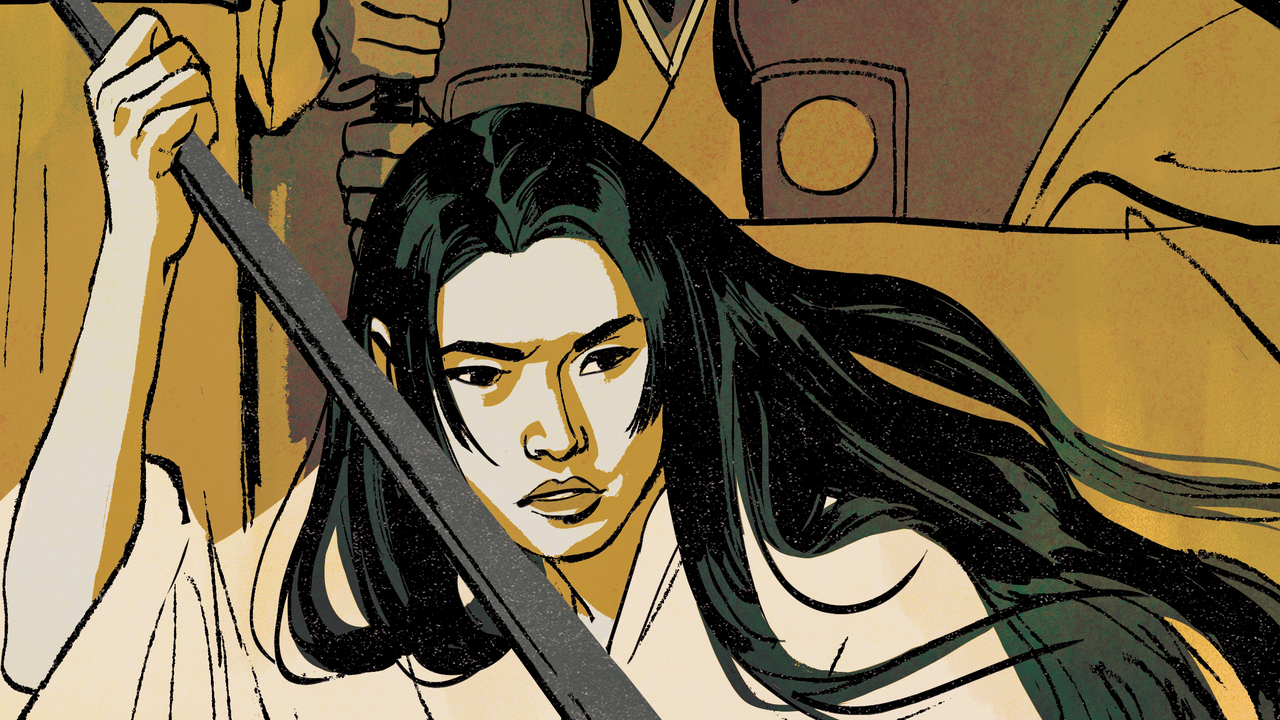In “Shōgun,” an Update Is a Double-Edged Sword

2024-02-26 词
Early on, a fellow-sailor informs Blackthorne of a Japanese belief that “every man has three hearts: one in his mouth, for the world to know; one in his chest, just for his friends; and a secret heart buried deep where no one can find it.” Toranaga embodies this spirit of hidden ambition. He employs Lady Mariko (Anna Sawai), a Catholic convert fluent in Portuguese, as a translator for the polyglot Blackthorne. Like Toranaga, she prizes discretion; she tells her new charge that her people are taught to compartmentalize their feelings, erecting “an impenetrable wall behind which we can retreat whenever we need.” But characters defined by their opacity tend not to make for dynamic scenes—hence the dramatic (and comedic) value of Blackthorne, a brute who refuses to bathe more than twice a week, still believes in medicinal bloodletting, and addresses a local lord as a “milk-dribbling fuck smear.” Unlike most of his Japanese counterparts, he voices his wants constantly: to reunite with his few surviving crew members, to pursue the married Mariko, and, in time, to advocate for the commoners whom he once dismissed as “a savage horde.”
免责声明:本文来自网络公开资料,仅供学习交流,其观点和倾向不代表本站立场。